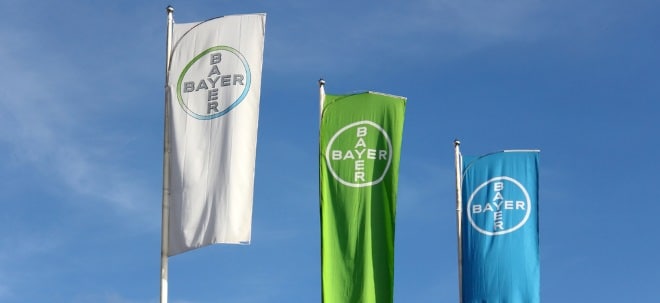The island nation creates a market likely to surpass the Vegas Strip. But it seats only two players at the table: Las Vegas Sands and Malaysia's Genting. IT'S THE COMPETING CASINO'S purple-carpeted pedestal, replete with brass dancing pole, that drives Sheldon Adelson crazy. "Why on earth would you want to bring your wife to see that?" grouses Adelson, chief executive of Las Vegas Sands and the presiding guru of Marina Bay Sands, its latest gaming venue and resort, in Singapore. In ordinary circumstances, Adelson's thumbs down on the detail would spell a sad fate for his rival, a signal failure to grasp the aesthetics of high rollers in Singapore.
Yet these are no ordinary circumstances, and the competing casino, Resorts World Sentosa, owned and operating by Genting Singapore (ticker: GENS.Singapore), has already scarfed up most of Singapore's market in the nine months it's been open. To be sure, Marina Bay Sands, which opened three months later, is catching up quickly: In fact, the two will be neck-and-neck next year. There's more than enough room for both, in the most successful launch of a new casino destination in modern history. And while shares of Las Vegas Sands (LVS) and Genting Singapore look pricey now, they're clearly good long-term bets.
WHAT'S SURPRISING IS HOW BIG the Singaporean market has become, mere months after the opening of the two big casino resorts. In the next 12 months, Marina Bay and Resorts World could bring in net revenue of $6 billion, on a par with the entire Las Vegas Strip.
By 2012, Morgan Stanley reckons, the Singapore market could be generating $7 billion to $10 billion in annual revenue. That's precisely how long it also took Macau, another Asian gambling hot spot, to hit $6 billion. Cash flow, as measured by earnings before interest, taxes, depreciation and amortization (Ebitda), is expected to hit $1.1 billion at Sands' Singapore operation in calendar 2011. In Macau, Las Vegas Sands' cash flow reached that rate only this past June—six years after it opened operations, according to Union Gaming Group. The Singapore haul is so high because tax rates on gaming revenue are so low—5% to 15%, versus 39% in Macau.
Five years ago, after witnessing Macau's success, Singapore lifted its 40-year-old ban on gambling as part of a campaign to boost growth by attracting tourists. But it awarded only two licenses, creating a lucrative duopoly. The government didn't want to encourage gambling by locals—the ever-prudent island state, after all, endorses caning, frowns on adult movies and punishes people for chewing gum. Instead, the target customers were the gamblers among the two billion-plus foreigners within a few hours' flight of Singapore.
"The point is, you never see limited licenses coupled with limited tax rates," says Bill Lerner of Union Gaming, the Las Vegas-based investment bank. "The combination allows for much higher margins than you'll ever see in Macau." Adds Adelson: "In Macau, we [have a] 28% to 30% margin of Ebitda to gross revenue. In Singapore, we're earning closer to 50%."
The plan is working. Singapore's economy is cooking; second-quarter GDP grew at a 13% annualized clip. And, through August, the number of visitors to Singapore was 22% above last year's level. For all of 2010, the total is expected to hit 12.5 million, versus 2009's 9.7 million. By 2015, the yearly figure is likely to be 17 million.
http://online.barrons.com/article/...ed#articleTabs_panel_article%3D1 |


 Thread abonnieren
Thread abonnieren

